On this page, you’ll find writing tips to help you gain confidence and defeat procrastination. These writing tips should spark ideas. I’ll add a few tips at a time, and then, who knows? You may have your novel written, and I’ll have to start again.

#1.—Go Back to School
But wait! Won’t that cost money? Absolutely not. Take free classes with famous authors through the University of Iowa’s FREE ONLINE COURSES. These courses are FREE ANYWHERE IN THE WORLD. Class starts September 24. Don’t worry if you miss this deadline. There’ll be another. Sign up right now and learn to write. http://bit.ly/1NynPcU
#2:—Buy a Writing Notebook
Write down 10 to 15 observations every day: birds, bits of conversation overheard while eavesdropping, or descriptions of people on a bus. This is not a diary. It’s not about you or your feelings. Make the journal about what you see in the world around you. Don’t use the excuse that “I never leave the house” or “nothing interesting ever happens in my life.” Get off your duff and go to the park. Ride a bus. Go to a concert. Life is happening. Your writing will be richer if you get active in the world.
#3—Use a Kitchen Timer
Defeat the demons of procrastination. Set a kitchen time or stopwatch for 15 minutes. Writing longhand, let you pen or pencil move down the page, and do not stop until the timer buzzes. If you’re on a roll, keep going. That’s the whole point.
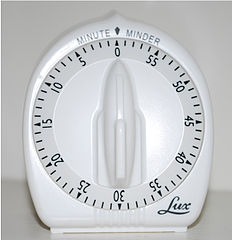
#4—Jump start your writing flow with prompts.
Generate your own prompts at Writing Prompts – Language is a Virus or First Line Generator. If you’ve never used a prompt, you’ll be surprised at how they help you find stories you never would have written any other what. Start writing with the prompt, and then let the movement of the words carry you along. You’re not under any obligation to finish these prompts and turn them into stories. Play and have fun, and learn the joy of writing.
#5—Play the “What If” Game
Join Anne Bernays and Pamela Painter, two gifted writing teachers, and play the What If? game. If you’re a night owl, read Brian Kiteley’s The 3 A.M. Epiphany.

#6—Form a Writing Group
Learn how to establish a group that will be a safe place for writers to show their work. Read Coffee and Ink or Writing Alone, Writing Together. You’re in the writing biz for the long haul, and your fellow authors will be rooting for you to succeed.
#7—Visit a Bookstore

Which sections in the bookstore call to you? Where would your book fit? Pull out five books and make notes on the length, structure, and point of view. Write down agents’ names while you’re at it. Most important, know that you will see your book on this very same shelf or that you will release a dynamite, self-published work that will occupy a niche in an online bookstore.
#8—Experiment with Fan Fiction

The best way to learn to write is to imitate other writers. Join a “fan fiction” group at https://www.fanfiction.net/. Be Hailey Wood.
#9—Learn From Other Writers
The days of solitary writers working alone in a garret are gone! Join an online writing community.
#10—Amazon’s Best Kept Secret
Did you know Amazon has a community of supportive writers willing to read your stuff? Join the Write On community.
#11—Find Writing Time
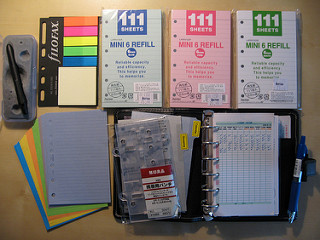
Use Outlook or another calendar program to schedule your writing time. Look for wasted time: a lunch hour or ride on commuter rail. Scott Turow penned his books on the train. You can, too.
#12—How Fast Can You Write?
Set a word-count goal for each writing session. See how fast you can produce 800 to 1000 words. Write leaning forward.
#13—Put Away the Red Pen
Lock the editor in the closet. Give yourself permission to write a messy first draft. Fill the page.
#14—See If Podcasts Help

Writing is about the voice of a narrator telling the story directly or whispering inside your head. See what goes on inside the writer’s head by listening to podcasts.
#15—Go To Meetup.com
Are you a new writer? Try to find a group at Meetup.com with experienced writers. If you were learning to play tennis, you’d want to play with better players, wouldn’t you?
#16—Attend A Writing Conference

Photo Source
Investigate writing conferences. Most offer scholarships. Wikipedia has a great list.
#17—Own The Word “Writer”
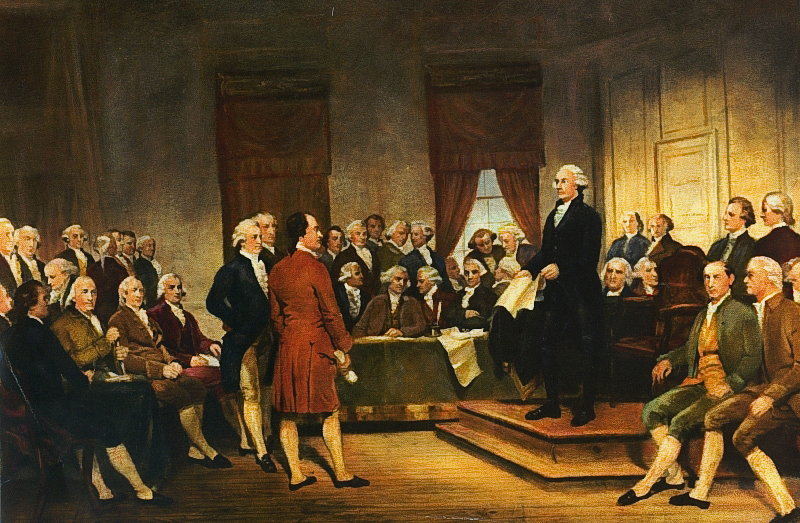
George Washington, Thomas Jefferson, and others who penned the US Constitution were writers. Writers are those famous people with their words immortalized in books, right? Wrong. You are a writer. Own it.
#18—Answer Boldly

If someone asks, “Where can I read one of your books?” be brave and boldly say, “Soon. You wouldn’t happen to have any contacts in the publishing field, would you?” Put them on the spot and let yourself off the hook. Drop by a library and ask librarians where the sort of book you’d like to write would be filed.
#19—Learn From The Romance Writers
 Dare to write with the speed and confidence of romance writers. Many write four to ten books a year. Join Romance Writers of America and take a peek behind the door of a fun, supportive writing group.
Dare to write with the speed and confidence of romance writers. Many write four to ten books a year. Join Romance Writers of America and take a peek behind the door of a fun, supportive writing group.
#20—Like Crime Scenes and Live in the UK?
Join the Crime Writers’ Association and enter your story in a competition or submit it to their anthology. http://thecwa.co.uk/ They will assess your manuscript, too.
#21—Go to Readings by “Rising Stars”
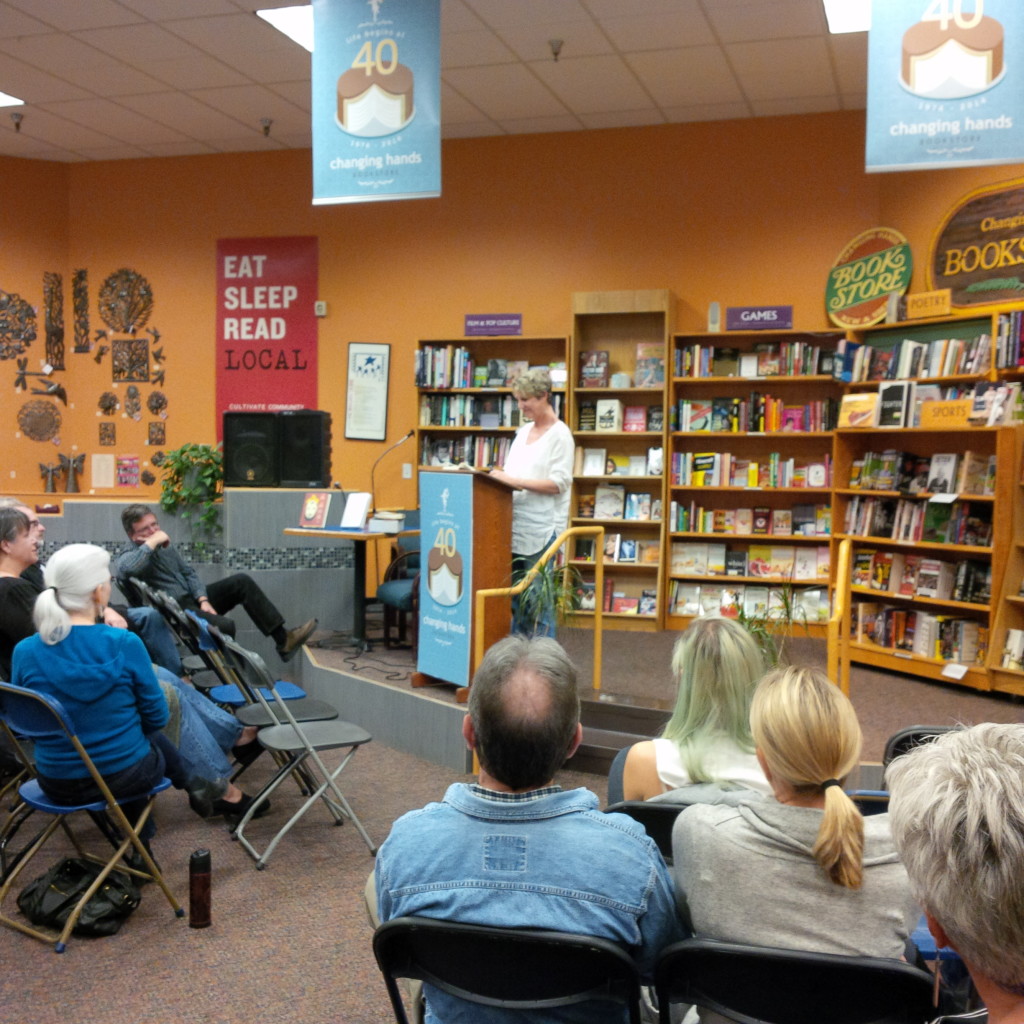
Take a chance on a writer you’ve never heard of. Nothing is more disheartening than to be in a bookstore and have only five or six people in the audience. How does this benefit you? You’ll have a chance to talk shop and discover new writing voices. Plus, usually there’s food.
#22—Make Friends With Your Librarian
If you write children’s books, you can learn from librarians about how they choose books. Ask about book length and illustrations. Which books do they choose for story hour? How often do authors visit? Keep a notebook. You’re going to be one of those authors. Oh, and ask them how authors schedule school visits. If you intend to write for children, school visits are the best way to sell your books.
#23—Is Your Main Goal to Make Money?

Write nonfiction. Nonfiction far outsells fiction. Check the bestsellers in nonfiction. The top-selling books have to do with diets, business, and relationships. If you have credentials in one of those niches, you can do quite well as an author and also as a speaker.
#24—Do You Need Help Editing Your Book?
Go to Fiverr and shop for services. https://www.fiverr.com/ Editors will clean up your grammar or give you a critique.
#25—Kindle Books Are Hot

Can you write a Kindle book? You will never know unless you try. The absolute best person to teach you to find a subject, write your book, and upload it to Amazon is Kristin Joy, The Book Ninja. http://thebookninja.com/ Take a look.
#26—Update Your Skill-Sets With Udemy
If you don’t know how to set up a website, do html coding, organize a mailing list, or any of the hundred things you’ll need to do the instant your book “comes out,” you should run, not walk, to Udemy. https://www.udemy.com/ In self-paced classes that include step-by-step video instruction, you can spiff up your WordPress website, update your blogging skills, and learn how to gain Instagram followers.
#27—Stick to Gumroad If You Are A Poet
If you write poetry, have an e-mail list, and have a chapbook that’s ready to go, market your creative work on Gumroad and drive traffic to your “buy” page. Poetry will never compete with the big gorillas on Amazon, but on Gumroad your work will stand out, particularly if your chapbook has a good cover.
#28—Blog, Blog, Blog
Even if you’re not quite ready to show your “real” writing to other people, you can share yourself and interests with the world. Begin to establish your “platform,” meaning a niche that you can occupy and fill. Udemy is where to get started. https://www.udemy.com/courses/search/?q=blogging+for+beginners
#29—Organize Your Mail List
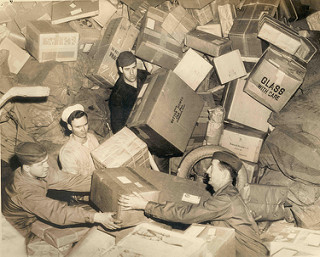
Did you know that if you send bulk e-mails to people on your personal list, your account can get shutdown for “spamming?” Now’s the time to get comfortable using AWeber, MailChimp, or Get Response. All three have “opt out” buttons in case people don’t want to hear from you.
#30—Build A Writing Resume
Agents truly do not care about your grandchildren, your vacations, or your retirement. To have any credibility at all, you need to build a writer’s resume with five to ten publications. How will you do this? Submit your work to literary magazines. Duotrope updates its database regularly, and it lists everything from zombie fiction to literary fiction. You’ll find out who’s reading and who’s closed to submissions.
#31—Read Julia Cameron
You’re embarking on a journey. Why not read a book that will help you figure out what’s standing in the way of you becoming the writer you were meant to be? Go to Julia Cameron Live to learn more. Visit Julia Cameron’s Amazon page and read one of her fine books.
#32—Join Wattpad and Show the World What You’ve Got
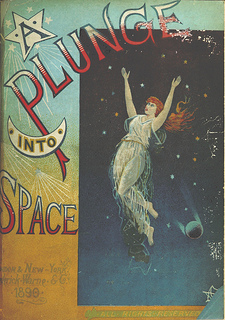
The Wattpad community offers a wealth of support for new writers of sci fi, romance, mystery, fan fiction, or just plain scare-your-pants-off fun. It’s a great place to build a fan base prior to self-publishing a book. Though you might worry about copyright, you might weigh that worry against the joy of sharing your words with actual readers.
#33—November Is NaNoWriMo Time!
November is National Novel Writing Month. Join other writers for NaNoWriMo. The fun is contagious and includes sleepovers and write-ins at school gymnasiums. Even if you’re living in a yurt in Siberia, you’ll receive inspiring messages that inspire you to keep going and meet your daily word count. At the end of the month, you will have written the rough draft of a novel. How about that?
#34—Be Fearless
Learn from your mistakes. Be fearless and pursue excellence.
#35—Clay Tablets

Writing and storytelling goes back to the days when we wrote on clay tablets. Pat yourself on the back for having the desire to fulfill the very human need to hear our histories recounted.
#36—Make A Tape
Make a tape of yourself reading your book and play it back. You’ll hear every awkward sentence, and it will save you the embarrassment of standing at a podium and stumbling over words.
Now, It’s Your Turn
I’ve shared some ideas, but I’d really like to know what works for YOU.